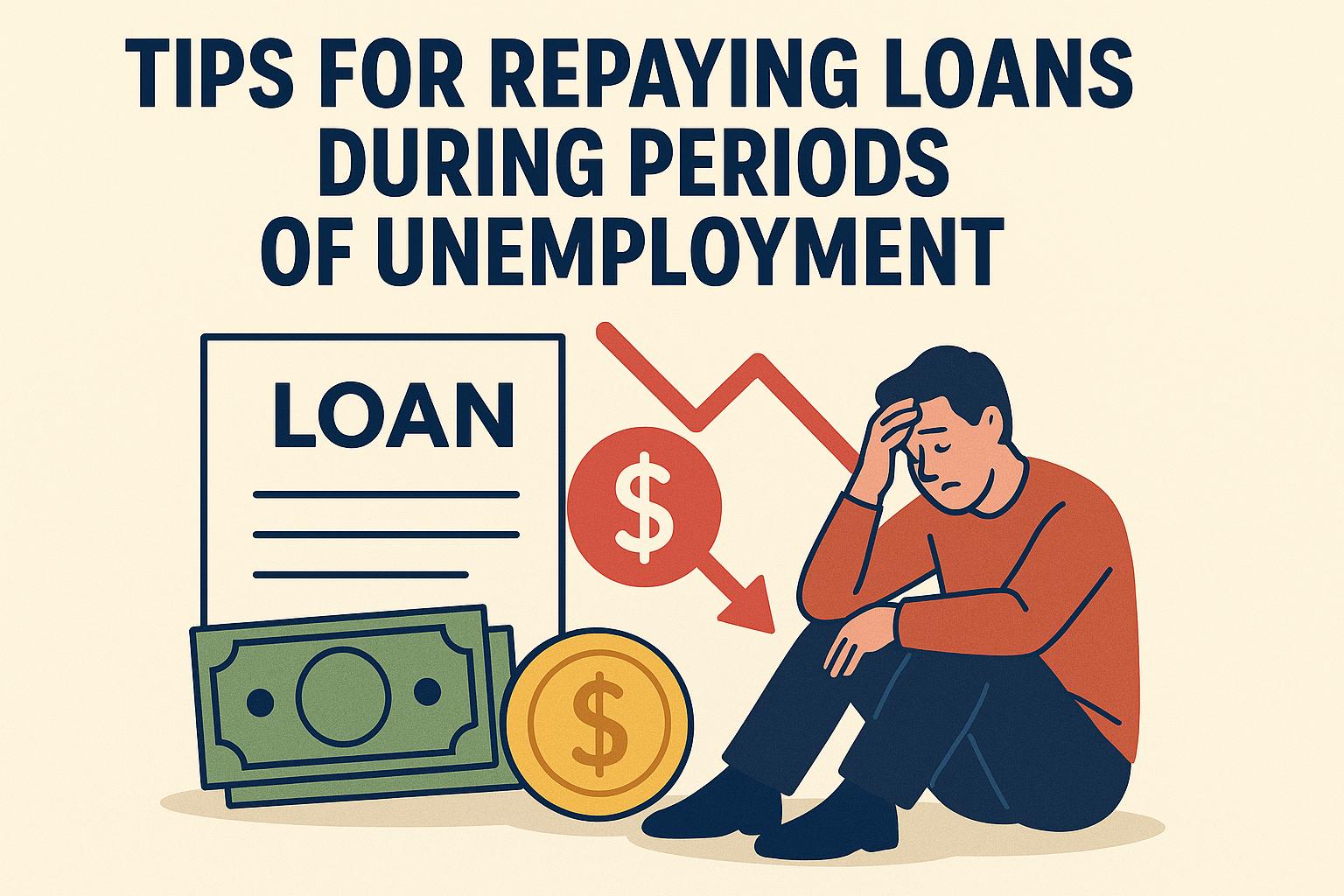
Understanding the Need for a Loan
Determining whether you need a loan involves a comprehensive analysis of your financial situation, needs, and long-term goals. Loans can provide the necessary funding for large purchases or unexpected expenses, but they also come with significant financial obligations.
Assess Your Financial Situation
Before considering taking out a loan, it is essential to thoroughly assess your current financial situation. Start by reviewing all sources of income to understand how much money you regularly have available. Next, examine your expenses. This includes fixed costs like rent or mortgage payments, utilities, insurance, and variable expenses such as groceries, dining, and entertainment. By understanding your cash flow, you can better determine if you can afford to take on the additional financial responsibility of a loan.
Additionally, take a close look at your savings and existing debt. Having a safety net in savings is crucial for financial stability, and it’s important to see how a loan would impact this reserve. Calculate your debt-to-income ratio, which is a strong indicator of your ability to manage more debt. This ratio is calculated by dividing your total monthly debt payments by your gross monthly income. Lenders often use this metric to assess your creditworthiness, and understanding it yourself can provide insight into your borrowing capacity.
Identify the Purpose of the Loan
Understanding why you need a loan is a vital aspect of the decision-making process. Common reasons for borrowing include purchasing a home, financing education, starting a business, or covering medical expenses. Clearly defining your need ensures that the loan will serve a useful and necessary purpose rather than an impulsive desire that could be financially detrimental in the long run. The purpose of the loan should align with your financial goals and wellbeing.
Consider Alternatives
Before deciding to take out a loan, it is worthwhile to consider whether there are viable alternatives that might meet your financial needs without incurring debt. For instance, assess if existing savings can be utilized. While it might be uncomfortable to dip into your savings, doing so might be more cost-effective than paying interest on a loan. Additionally, explore reducing discretionary expenses or finding ways to increase income, such as taking on extra work or selling unused items. Sometimes, these financial adjustments can be sufficient to delay or eliminate the need for a loan altogether.
Calculate the Costs and Benefits
Evaluating the potential costs and benefits of taking out a loan is essential. Consider the interest rates, fees, and overall costs associated with the loan. Understanding these expenses will enable you to weigh them against the benefits you hope to gain. Benefits might include acquiring a valuable asset, resolving a pressing need, or taking advantage of a strategic investment opportunity. An honest assessment of whether the benefits outweigh the costs is crucial in making a sound financial decision.
Understanding Loan Terms
Having a clear understanding of the loan terms is essential to avoid unexpected surprises down the road. This includes the interest rate, the loan period, and the repayment schedule. A fixed interest rate provides the stability of predictable payments over time, while a variable rate may fluctuate. It’s important to comprehend how changes in interest rates could affect your payments, especially if your loan has a significant duration. Furthermore, familiarize yourself with any prepayment penalties or additional fees that might arise during the life of the loan.
Impact on Future Finances
Taking on a loan inevitably affects your future financial stability. It is critical to consider how loan repayments will fit into your overall financial planning. Ensure that the repayment obligations of the loan do not hinder your ability to achieve other financial goals, such as saving for retirement, investing, or building further savings. Ideally, loan repayments should complement rather than compromise your financial aspirations.
Emergency Fund Considerations
Another important consideration is the status of your emergency fund. If you are using a loan to cover unexpected expenses, it is crucial to ensure that repaying the loan does not deplete your emergency savings, leaving you vulnerable to future financial emergencies. Your emergency fund serves as a financial lifeline, providing security and peace of mind, and should not be jeopardized without careful consideration.
Consult Financial Advisors
If you find yourself grappling with indecision or uncertainty about taking out a loan, consider consulting with a financial advisor. Financial advisors can provide tailored advice based on a comprehensive analysis of your financial circumstances, helping you understand the implications and potential consequences of taking on a loan. Their expertise and guidance can be invaluable in ensuring that the decision you make is aligned with your long-term financial goals.
Online Resources and Tools
In addition to consulting with professionals, leverage online resources and tools to aid in your decision-making process. Many websites offer loan calculators and comparison tools that can help you better understand the financial impact of different loan options. These tools allow you to input various loan amounts, interest rates, and terms to see how they affect monthly payments and total repayment costs. The Consumer Financial Protection Bureau is a valuable resource for understanding your loan options and rights as a borrower, providing a wealth of information to help you make an informed choice.
In conclusion, the decision of whether to take out a loan requires a comprehensive evaluation of your financial situation, including a clear understanding of the purpose and consequences of borrowing, as well as a thorough exploration of all available options. Making an informed decision is crucial to ensuring that taking out a loan positively impacts your financial wellbeing, enhancing rather than hindering your ability to achieve financial goals in the future.




